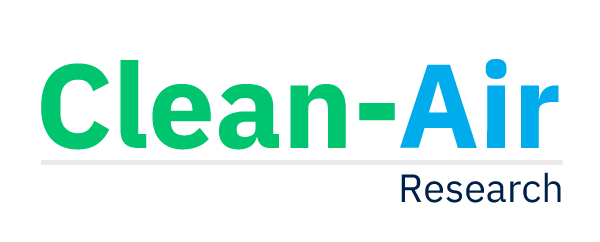Projects
WM-NetZero: A Health-centred systems approach towards Net-Zero: transforming regional climate mitigation policies (WMNZ)
Net-Zero policies have multiple and complex impacts across socio-environmental systems, with implications on health. A new policy approach which links Net-Zero considerations with socioenvironmental impacts (e.g., air quality, physical activity), and expresses both in terms of optimal health outcomes – rather than legal compliance – can deliver the best outcomes.
The overall aim of WMNZ is to transform regional Net-Zero policy solutions by adopting a healthcentred systems approach. WMNZ is co-designed with West Midlands Combined Authority (WMCA), local authorities, Defra, and community stakeholders to address three “live” policies in the WM
1. Decarbonising regional transport
2. Net Zero Neighbourhoods
3. Energy innovation
Air Pollution and Human Health in a Developing Megacity (APHH-Beijing)
A joint UK-China programme funded by NERC-MRC-NSFC-Newton Fund, working to identify the concentrations and sources of urban air pollution in Beijing, identify how people are exposed, to understand how it affects their health, and to determine what can be done about it.
UK-China collaboration to optimise net zero policy options for air quality and health (COP-AQ)
COP-AQ is a consortium of universities and research institutes in the UK working with partners in China to identify research priorities to optimise Net Zero and Carbon Neutrality strategies and maximise co-benefits for air quality and health. Led by Prof. Zongbo Shi at the University of Birmingham, the project is funded by the UK Research and Innovation—Natural Environment Research Council.
Shipping Emissions in the Arctic and North Atlantic Atmosphere (SEANA)
Ship emissions are a significant source of aerosol particles in the marine atmosphere. They have a major impact on the climate by reflecting sunlight back to space and by changing cloud properties. Quantifying the impact of ship emissions on the climate is challenging, however, due to a lack of understanding of natural emissions as well as uncertainty in quantities of pollutants emitted from current and future shipping industries.
UK Air Quality Supersite Triplet (AQST)
Air pollution is the most significant environmental risk in the UK, leading to economic costs of £20b/y and significant health inequalities. Quantifying the changing causes of air pollution motivated NERC investment in three fixed air quality supersites – located in urban background locations within London, Birmingham and Manchester, operated via the UKRI SPF project OSCA.




